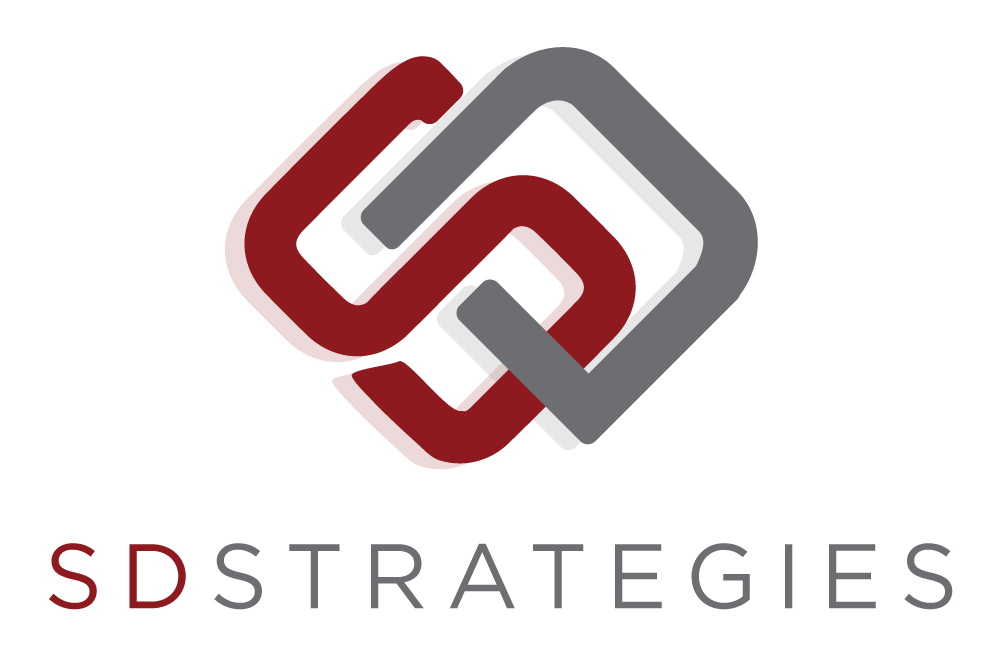Engage your ELT and Board: then engage them again, and again...
Supporting our clients to prepare Modern Slavery Statements has highlighted the importance of engaging Executive Leadership Teams and Boards early and often. Ensuring the Board understands the type and scale of modern slavery risks, and how their organisation may cause, contribute to, or be directly linked to modern slavery is critical. Board members must also understand their fiduciary duties in relation to modern slavery risk management and endorsement of the company's Statement.
For many of our clients, the most challenging issue continues to be determining the level of transparency and disclosure the Board is comfortable with. When preparing draft Statements, our team includes a wealth of detail about supplier risk assessment outcomes, operational gap analysis and action planning results, case studies, supplier maps, education and training outcomes and the company's governance framework. It is often the role of the Modern Slavery Working Group (or internal legal counsel) to determine (or try to second guess) the level of transparency and disclosure that will sit well with the Board. The first and second round of Statements demonstrated both minimal disclosure (just enough to comply with the Act) and comprehensive transparency around operational supply chain risks, including documentation of challenges.
Companies with executive or Board sponsors accountable for modern slavery risk management who are actively involved in implementing or reviewing the modern slavery program tend to provide a higher level of disclosure than companies who assign responsibility for modern slavery programs to a lower level of management. Where executives and Board members are actively engaged in the issue, the company is more likely to adequately resource programs for effective identification and management of modern slavery risks across its operations and supply chain.
Our CEO Sonja Duncan participated in the 5-day intensive company directors course in October 2022. She successfully completed the course assessments and has qualified for the Company Director Course Award (GAICD).
The course was challenging and thought provoking, with a strong focus on current and future governance issues (including a range of ESG topics). While the financial analysis section of the course proved particularly challenging (Sonja says she prefers words over numbers), the knowledge gained will stand her in good stead for her current and future board roles.


